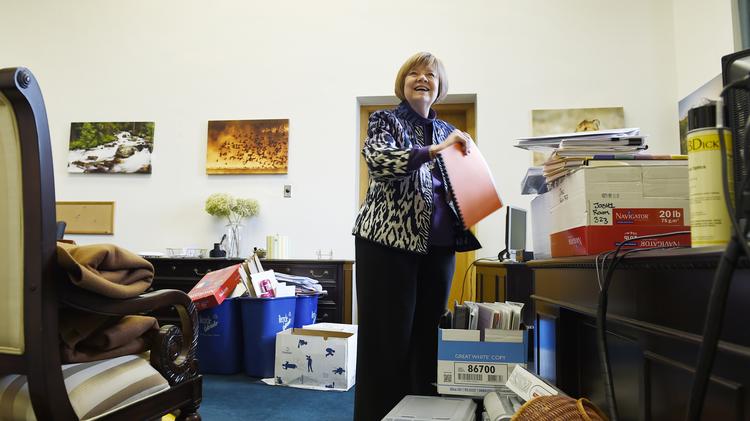Budget fix still crucial for Colorado
Lawmakers should reclassify hospital provider fee
Yes, Colorado lawmakers, it’s still important to deal with a projected budgetary crunch triggered by future tax refunds even if they are no longer likely in the next fiscal year.
The problem is only being delayed for one year. Refunds will almost certainly be required in the following years under the Taxpayer’s Bill of Rights unless the economy entirely tanks. And yet they will come at the expense of critical transportation, capital maintenance and education funding. Indeed, transportation funding is already slated to decline in next year’s budget.
In other words, lawmakers still have urgent reason this session to reclassify the hospital provider fee into a separate “enterprise fund” to allow the state to remain below TABOR revenue limits without refunding money.
To read the rest of this story, click (HERE):







